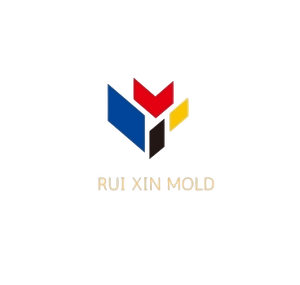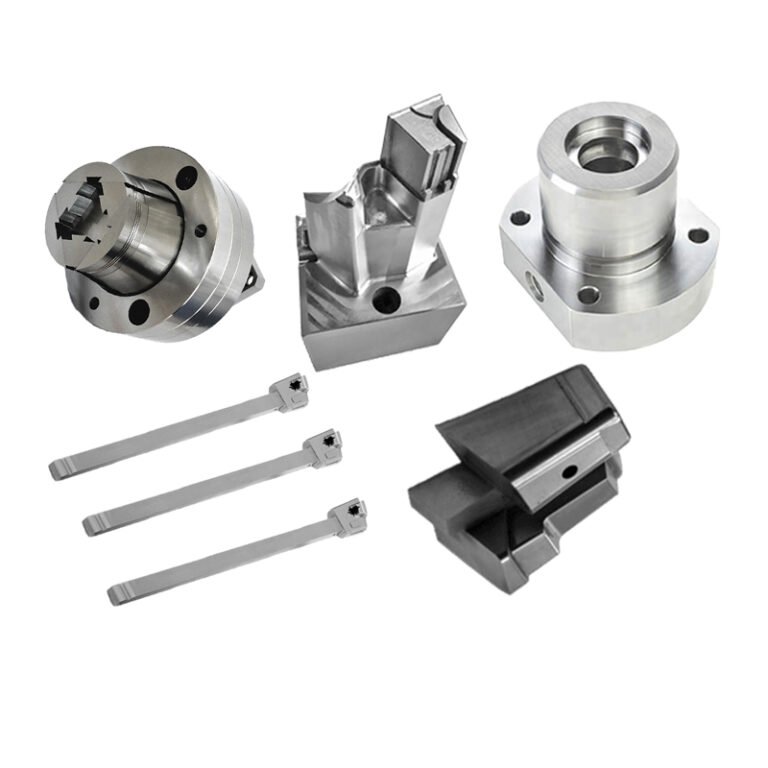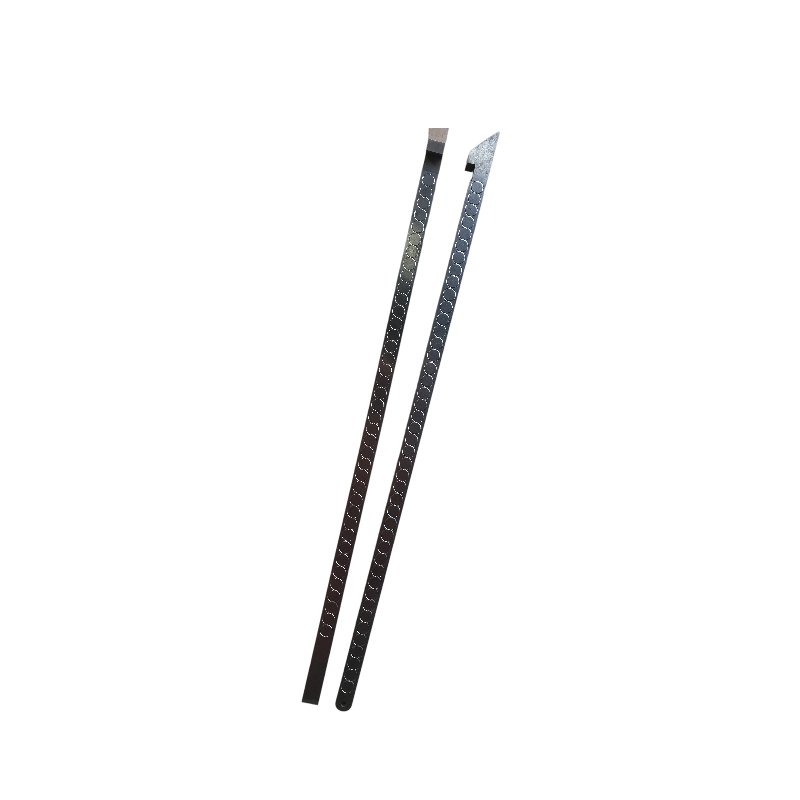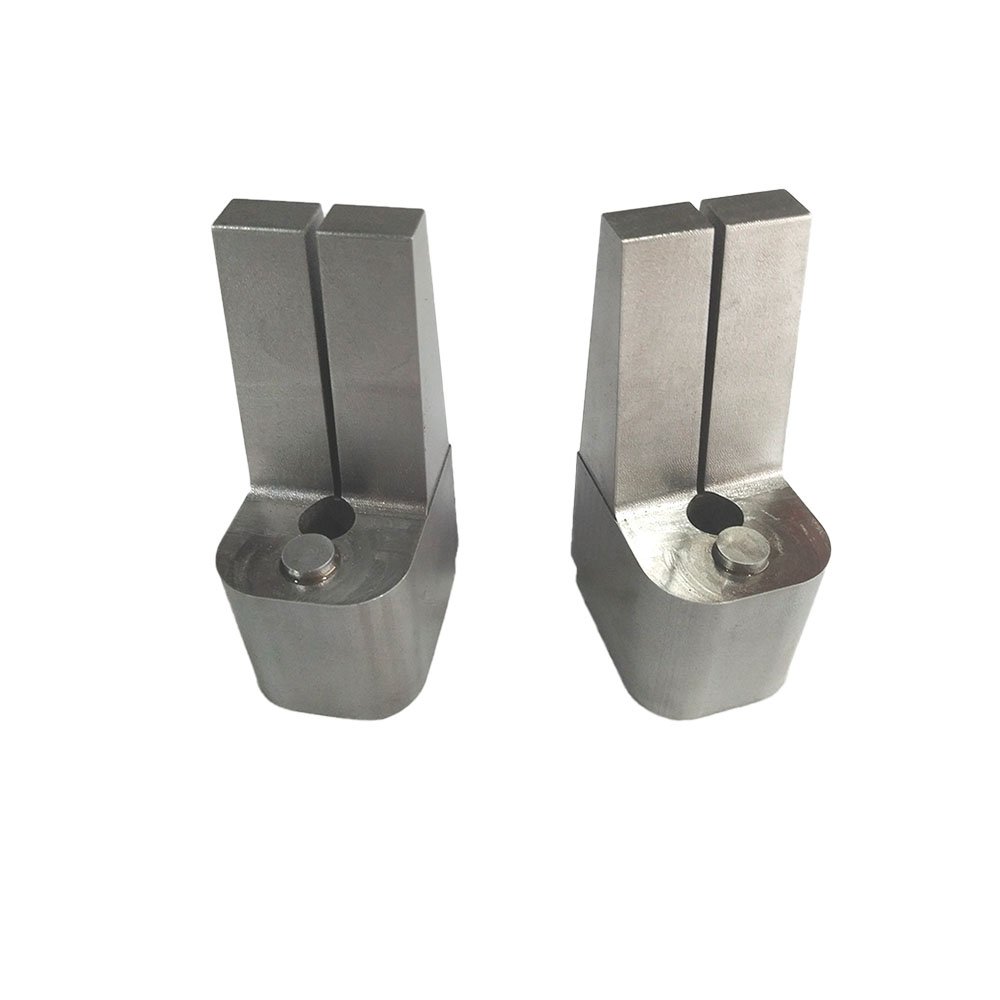Catalog
Tags
Stop Wasting Money: Key Factors to Consider Before Choosing CNC Machining Services
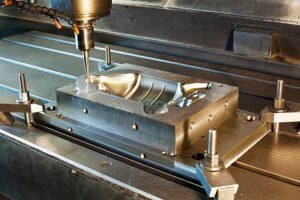
TL;DR: Choosing the right CNC machining service requires evaluating material compatibility, precision requirements, production volume, lead times, and supplier expertise. This guide breaks down cost-saving decision factors with practical examples.
How Smart CNC Service Selection Saves Your Budget
CNC (Computer Numerical Control) machining transforms digital designs into precision parts through automated cutting tools. The financial efficiency of your project depends on understanding these core principles:
- Design Complexity Tax – Intricate geometries increase machine time and cost exponentially
- Material Yield Math – Raw material waste percentage directly impacts unit pricing
- Setup Time Economics – Small batches spread setup costs across fewer units
- Tolerance Inflation – Unnecessarily tight tolerances can double machining costs
CNC Service Matrix: Matching Needs to Solutions
| Service Type | Best For | Materials | Cost Factor |
|---|---|---|---|
| 3-Axis Milling | Basic prototypes Flat components |
Aluminum Plastics Mild steel |
$ |
| 5-Axis Machining | Aerospace parts Medical implants |
Titanium Inconel Precision alloys |
$$$ |
| Swiss Turning | Small diameter High-volume |
Brass Stainless Copper |
$$ |
| EDM Machining | Hard materials Complex shapes |
Tool steel Carbides |
$$$$ |
When CNC Machining Delivers Maximum ROI
Top Value Scenarios
- Production runs of 50-10,000 units
- Parts requiring <0.005″ tolerances
- Metal components with strength requirements
- Custom jigs/fixtures for manufacturing
Alternative Solutions
- 3D printing for <20 prototypes
- Injection molding for >50k plastic parts
- Sheet metal for enclosures >1mm thickness
Real-World Cost Optimization Cases
Case Study: Automotive sensor manufacturer reduced per-unit costs by 38% through:
- Switching from 5-axis to 3+2 axis machining
- Negotiating material purchasing consortium
- Standardizing tolerances (±0.003″ → ±0.005″)
- Implementing pallet systems for batch processing
CNC Procurement FAQs
Q: How much should CNC machining cost?
A: Expect $75-$250/hour for 3-axis, $150-$450/hour for 5-axis. Complex aluminum parts typically $50-$500 per unit.
Q: What’s the minimum order quantity?
A: Many shops accept 1-5 prototypes, but 50+ units yield better economies of scale.
Q: How to verify supplier capabilities?
A: Request: 1) Machine list with tolerances 2) Material certifications 3) Sample part inspection report.
Next Steps for Cost-Effective Sourcing
Download our CNC Supplier Scorecard Template to:
- Compare 5 critical capability factors
- Calculate true total cost (not just unit price)
- Evaluate quality control processes
- Negotiate better contract terms
Key Takeaway: The most expensive CNC service isn’t necessarily the best, and the cheapest often becomes most expensive through rework. Match your technical requirements to supplier specialties using quantifiable metrics.
👉 Contact us today to discuss your CNC component needs!
Need Precision CNC Machining for Your Mold Components?
We specialize in custom CNC machining of mold inserts, slide cores, ejector plates, mold bases, and lifters
all made to your exact drawings and specifications.
👉 Let’s Build Your Next Project Together!
Tell us your needs and upload your drawings — we’ll get back within 24 hours.
